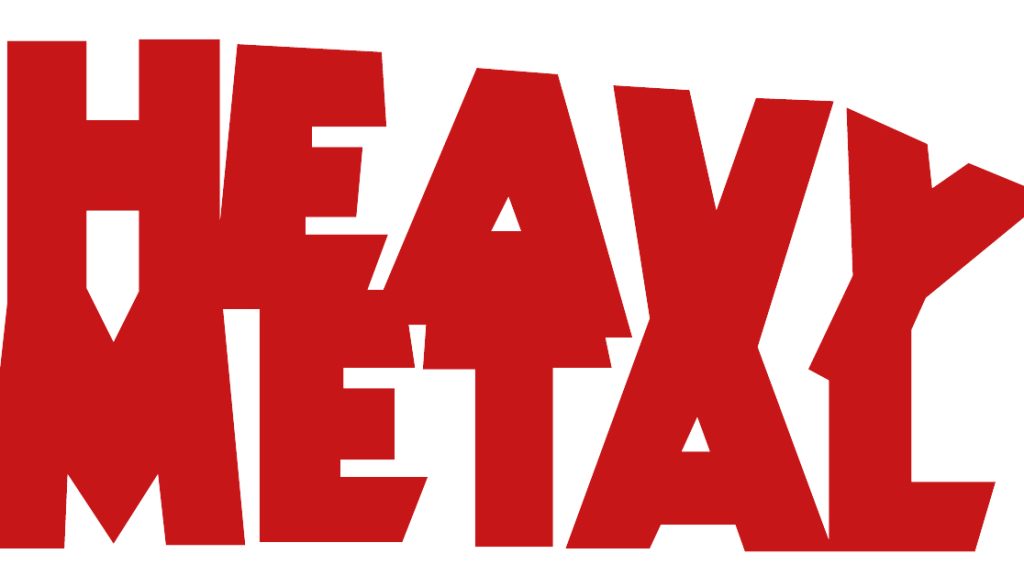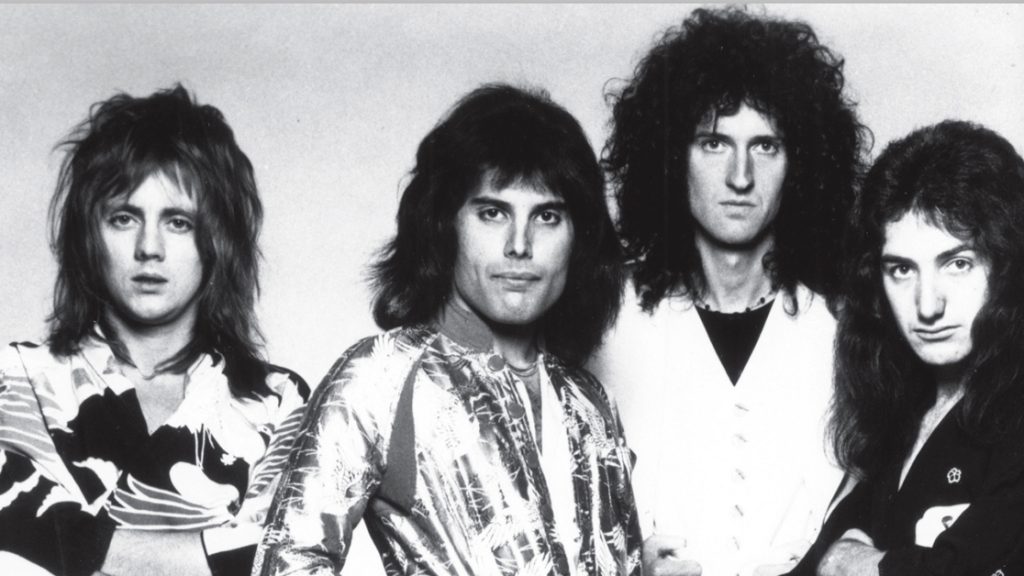He didn’t know You’ve Come a Long Way, Baby was a slogan for an American cigarette brand. He’d often claim to pay America little mind. But he could hardly have made a dance album better suited for the Yanks. Fatboy Slim was tonally unlike the other big-beat acts beginning to cross over: The Chemical Brothers were mad scientists splicing the distinct highs of psychedelia and headrush techno; the Prodigy were punkish provocateurs, sidechaining dynamite to their breaks. Intentionally or not, these groups made electronica for an alt-rock audience—a godsend for Hollywood music supervisors whose understanding of club music ended with industrial. But the vibe of You’ve Come a Long Way, Baby was pure pop. It was less a club night than a boardwalk arcade: a boozy, manic romp past a thousand blaring speakers.
The first single showed how much he had altered the initial formula. “The Rockafeller Skank” put Northern soul on a longboard and shot it through the curl. It was a guitar overload: Cook used the Just Brothers’ choppy riff as the backbone, adding surfy twang from Duane Eddy, the Tremeloes, and a forgotten John Barry soundtrack. With its builds, drop-outs, and beat switches, the single was tailor-made for the pop listener with one hand on the radio dial. At one point, Cook starts pinging wildly between samples and channels: All the guitars at his disposal blur into a single cartoon character, ricocheting around the screen. The crowning touch came from an instrumental LP from Vinyl Dogs, a New Jersey label known for its compilations of choice breaks. Cook ignored the music, fixating on the tossed-off intro from heavyweight rap producer Lord Finesse. He chopped it into its component syllables, fed them into a MIDI keyboard, and tapped out an all-time earworm: “Right about now, the funk soul brother/Check it out now, the funk soul brother…”
On both sides of the Atlantic, “The Rockafeller Skank” and its maker were praised with faint damnation. Billboard called it “an organically simple masterpiece.” The Guardian conceded that “Norman seems to have found his niche, slapping together big, catchy, brilliantly dumb breakbeat numbers.” And Q assured readers that You’ve Come a Long Way, Baby was “simple, unsubtle, soaraway stuff with a sell-by date that probably won’t be difficult to read for much longer.” In a 1999 Rolling Stone article titled “Fatboy Slim: Funk Sold Brother,” Marc Weingarten detailed all the licensing deals that Astralwerks, Fatboy Slim’s American label, had struck: commercials for Air Jordans, Oldsmobile, and Surge soda; soundtracks and trailers for Go, Office Space, Ten Things I Hate About You, and Cruel Intentions. He quoted a shrugging Cook: “I make a certain kind of instrumental music they like using. You can hear 15 seconds of my stuff and it makes complete sense.”




)






)








 English (US) ·
English (US) ·